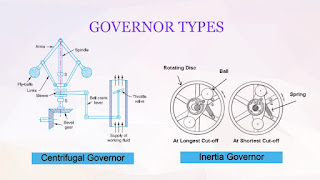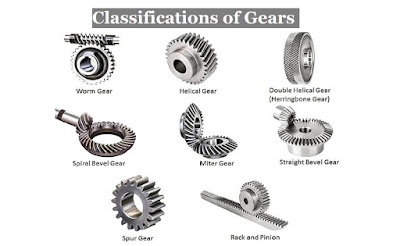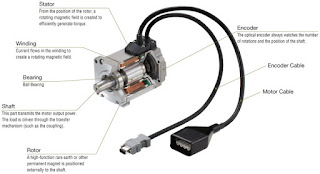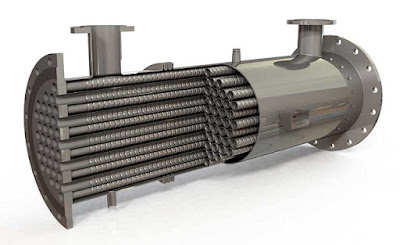Liquidity crunch post the IL&FS situation, weak economic health, tighter financing conditions, uncertain regulatory landscape, abnormal monsoon pattern and rural distress and poor consumer sentiments are among the major reasons for declining auto sales, according to an expert.
HIGHLIGHTS
- Maruti Suzuki India sales declines 33.5 per cent 1,09,264 units in July 2019.
- Hyundai Motor India sales fell 3.8 per cent to 57,310 units in July 2019.
- Royal Enfield sales dropped 22 per cent to 54,185 units in July 2019.
There is no denying the fact that the Indian automobile sector is going through a rough patch at the moment. Month after month, the companies are reporting decline in their sales numbers. This, in turn, is having adverse effects on the jobs as well.
Maruti Suzuki India reported a sixth consecutive montly sales decline with the numbers falling 33.5 per cent 1,09,264 units in July 2019. Hyundai Motor India sales fell 3.8 per cent to 57,310 units during the month, while the domestic sales of Honda Cars India dived 48.67 per cent to 10,250 units. In July 2019, Mahindra & Mahindra registered a plunge of 15 per cent in total sales to 40,142 units and Tata Motors saw its sales going down by 34 per cent to 32,938 units.
The two-wheeler manufacturers are facing a difficult situation as well. During July 2019, the sales of TVS Motor Company fell 13 per cent to 2,79,465 units and Royal Enfield sales dropped 22 per cent to 54,185 units. Hero MotoCorp sales dived 21.18 per cent to 5,35,810 units and Honda Motorcycle and Scooter India numbers plunged 10.77 per cent to 4,89,631 units.
"Liquidity crunch post the IL&FS situation, weak economic health (as most key economic indicators are either stagnant or declining), tighter financing conditions, uncertain regulatory landscape, abnormal monsoon pattern and rural distress and poor consumer sentiments are among the major reasons for declining auto sales," IHS Markit Powertrain & Compliance Forecasts Principal Analyst Suraj Ghosh told India Today.
According to Ghosh, there is a direct and proportional relationship between poor auto sales and job cuts in this sector.
"As auto industry employs a significant number of contractual workers, sustained low sales result in adjusted lower production at OEMs and auto-ancillaries, and hence result in the lower requirement of such workers. Also, down the chain, several other businesses dependent on the auto industry get affected - primarily jobs at dealerships and independent auto-workshops, among others," Ghosh said.
According to a recent Reuters report, the number of temporary workers engaged by the country's largest carmaker Maruti Suzuki India fell 6 per cent to 18,845 on average during January-June period with the company accelerating job cuts since April.
Talking to India Today, the Automotive Component Manufacturers Association of India (ACMA) Director General Vinnie Mehta said: "The auto component industry grows back to back with the vehicle industry and currently we are witnessing 15-20 per cent production cut in the vehicle industry and that is very well mirrored on the component industry production."
When asked about the job losses in the auto component manufacturing industry, Mehta said that there are already job cuts to the tune of 1 lakh.
"If the situation persists for the next two to three months, the potential job loss could be as high as 1 million," Mehta added.
The automobile dealerships across India have cut nearly two lakh jobs in the past three months, with the Federation of Automobile Dealers Associations (FADA) fearing that the trend may continue with more showrooms being shut in the near future, a PTI report has claimed.
There was immense pressure on the Indian automobile industry during the first quarter of FY20 and it was proven by the data from SIAM (Society of Indian Automobile Manufacturers). While the domestic sales plunged 15.93 per cent to 20,01,096 units in April 2019, there was a drop of 8.62 per cent to 20,86,358 units in May 2019. A decline of 12.34 per cent to 19,97,952 units in domestic sales was witnessed in June 2019.
According to Ghosh, this is the deepest slump recorded in India auto industry since the inflection, which happened in the early to mid-2000s.
"Going by the indicators that we track, we do not see the industry picking itself up for at least another 15 to 18 months. We must remember that the upcoming safety norms (Oct 2019) and BS 6 emission norms (April 2020) will further affect auto sales negatively. All stakeholders are hoping that the festive season will bring in some relief, but it will only be temporary if at all it happens," Ghosh said.















Comments
Post a Comment